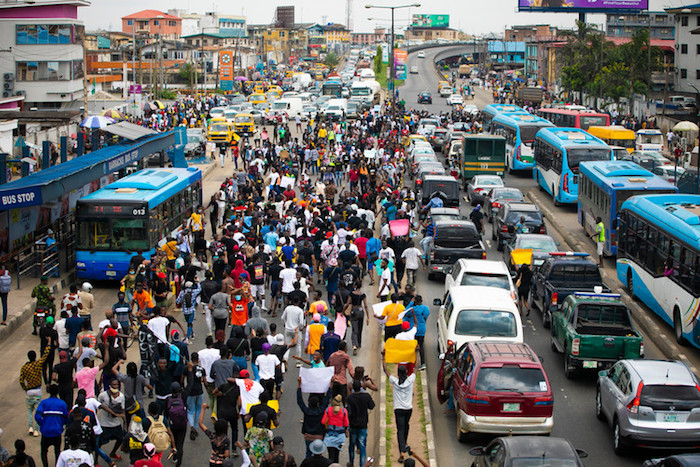Omo Eko Pataki, a group of influential Lagos natives, has issued a call to action to those who still view “Eko” (Lagos) as an unclaimed territory to reconsider.
This statement was released by the forum on Sunday in response to a recent court order that gave the Ojora Royal Family and Council ownership of the land on which the Lagos State liaison office of the Delta State government stands at Plot 235/237, Moshood Abiola Way (formerly Apapa Road), Ijora, Lagos.
Some heritage and monument sites that had been sold and taken over for non-public purposes and other interests would be retrieved and returned to the appropriate families and local authorities, the forum promised in a statement signed by its trustee, a former Minister of Communications, Major-General Tajudeen Olanrewaju (ret.), Omo Eko Pataki.
After successfully establishing in court that their lease agreements with the governments of the Old Western Region, the Mid-West Region, and the Bendel State had expired, the Ojora Royal Family and Council were able to reclaim their rightful lands, as reported by the forum.
The forum describes this as a watershed moment because “rightful owners of lands are taking back what belong to them in a state unpopularly portrayed as ‘no man’s land.
Part of the statement read: “The Idejo class, often known as land owners, is among the four traditional chiefs in Lagos, which is of historical relevance. In ancient times, there were ten families that shared the Eko chieftaincy. This group now has a few more members.
Onigbogbo, Ewu, Ikeja, Agege, Alimosho, the Ojo/Badagry axis, and a portion of the Lagos East Senatorial District are all outside of Eko proper, and are owned by traditional Awori Obas. Property rights in Lagos State are often tied to family histories.
“As landowners, chieftaincy families have enormous sway and duty to distribute land to clan heads, newcomers, and settlers. In addition, they play an integral part in land administration in Lagos State because of the traditional responsibilities they play and the land they control.
It is an undeniable fact that the colonial administration’s relationship with the chieftaincy families who distributed public land was infused with land tenure agreements. There were a number of agreements and measures put in place to ensure that the original owners would regain possession of the leased properties when the leases ended.
“In the coming years, many of the leasehold agreements upon which certain developments were built will revert to the original ownerships.
Judicial rulings that result in financial compensation for private citizens, local governments, and national and international organizations will become more common. Recoveries mandated by the courts will then focus a spotlight on the rightful owners of Eko land, which is a very big deal.
The original owners of any sold or otherwise inappropriately appropriated historical and monument sites would be repaid in full.
“The old colonial City Hall in Campbell Street, which used to be the official office of the first Mayor of Lagos; the Falomo Shopping Centre on Awolowo Road Ikoyi; and the famous Glover Street/Kingsway Road junction residency of colonial administration—all of which were torn down for non-public purposes and other interests—are examples of inappropriate priorities. For those who still think of Eko as a neutral zone, it’s time to reevaluate.
